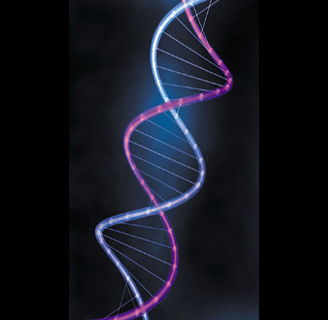Imagine a world without science! What?! You can not even conceive of it, can you? Science is so much intertwined with the modern world that it has already become a component of it and a modern world without science is an impossibility, plain and simple.
How index-learning turns no student pale,
Yet holds the eel of science by the tail!
Science in the modern world was the topic discussed in our last Talk Show class. First we have to crystallize our perspective by contemplating about some related quotes:
- "Equipped with his five senses, man explores the universe around him and calls the adventure Science. "(Edwin Powell Hubble)
- “Modern science is still trying to produce a tranquilizer more effective than a few kind words”(Douglas Meador )
- “However far modern science and techniques have fallen short of their inherent possibilities, they have taught mankind at least one lesson: Nothing is impossible.”(Lewis Mumford )
- “A religion old or new, that stressed the magnificence of the universe as revealed by modern science, might be able to draw forth reserves of reverence and awe hardly tapped by the conventional faiths. Sooner or later, such a religion will emerge.”(Dr. Carl Sagan )
- “What happened at Hiroshima was not only that a scientific breakthrough had occurred and that a great part of the population of a city had been burned to death, but that the problem of the relation of the triumphs of modern science to the human purposes of man had been explicitly defined.”(Archibald MacLeish)
- "Science is the great antidote to the poison of enthusiasm and superstition."(Adam Smith)
I initially focused the students' attention upon the notion that science is in fact a linear function of time, in other words, as we proceed through the ages, so does the science towards betterment.
In this way Talk Show participants started to compare the substantial differences among the scientific knowledge of the present as opposed to the past, and the many an advancement that has been the result of such difference.
As the students were concurring on the issue, I then deemed it appropriate to unleash the simple question of Modern Science VS. Faith that has been around for as long as science per se has been formed. The classes were filled with engaging debates in this regard and the answers were quite varied. Not to my surprise the younger students generally believed that faith does not provide sufficient answers for their countless questions while sciences manage to fulfill just that even though many questions will be left to answer.
Click To Enlarge
On the other hand, the older audience tended towards a balance between faith and science simply because they believed there is no notable contradiction between the two realms to be found.
As a matter of fact, it's been said that science can answer moral questions:
In the next part of our classes we discussed the advantages and disadvantages of science in the modern world.All the classes unanimously acknowledged that science is now officially inseparable from the lives of modern masses and living without it is a thing of the past.
However; while many scientific accomplishments in various fields from medical and chemical to electronics and entertainment have certainly contributed to a world full of convenience, these phenomena have also separated humans from each other to the point where facebook and text messages have replaced face-to-face communication, obesity statistics have risen due to lack of physical activities, wars have been waged and lives lost in an instant using advanced technologies and so forth.
Finally the classes discussed the most optimal manner in which the modern science ought to be used which was assumed as a balanced life that covers all of our needs; be it physical, emotional , recreational, social , educational using the right science in the right places ,and in the right time .






